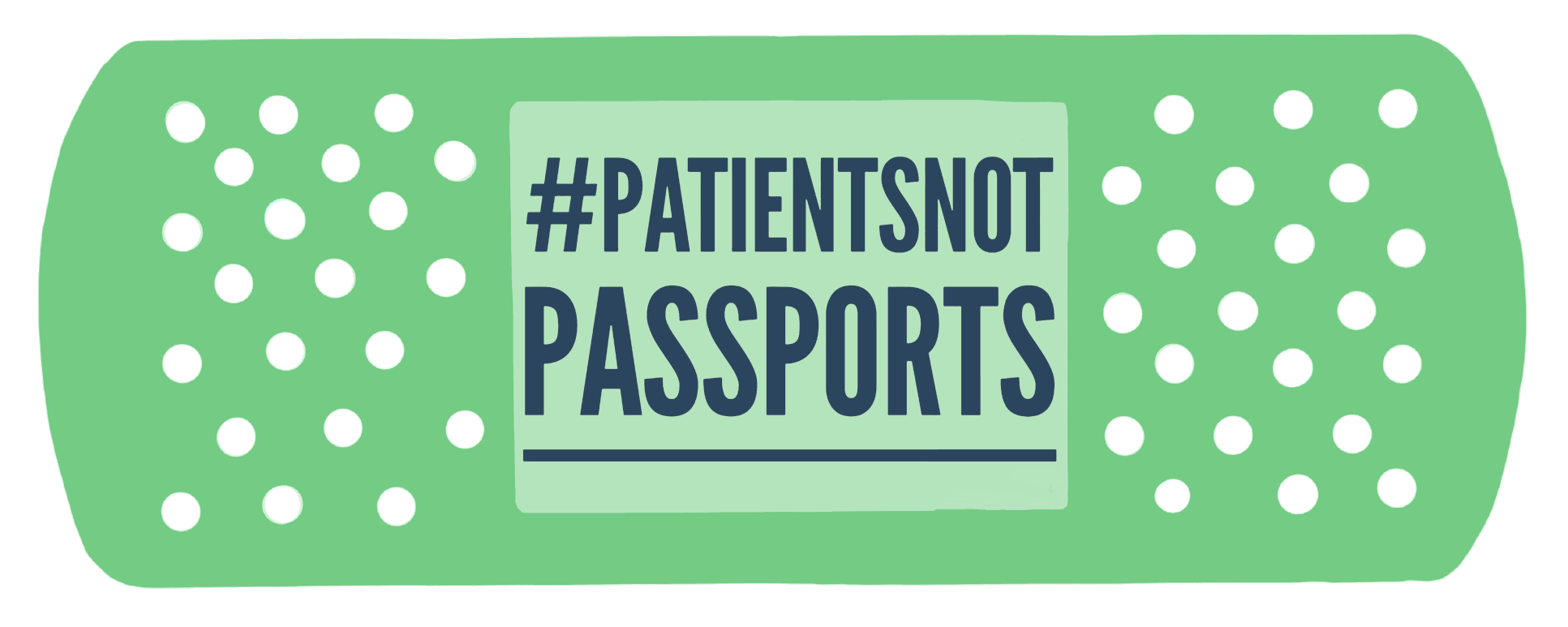Too unwell to travel and unable to afford treatment in the UK – This is the predicament Nasar Khan found himself in last December. Nasar had heart failure and needed a transplant that he would never get, as someone deemed to be not ‘ordinarily resident’ in the UK he was de-prioritised on the transplant list; he had lived here for over 10 years but had never been able to regularise his immigration status. He could not pay £32,000 upfront for the care he needed and his treatment was not considered to be urgent, so all he could do was wait. He died in February aged 38.
Nasar’s story is devastating, but not unusual. Successive changes in policy have increasingly restricted access to the NHS, from the introduction of the Immigration Health Surcharge in 2015; to the introduction of immigration checks and the requirement for Trusts to charge upfront treatment in 2017. Nasar joins Elfreda Spencer, Albert Thompson, Kelemua Mulat, Esayas Welday, Pauline Pennant, Beatrice, Saloum, Bhavani Espathi, and countless others who have been made destitute after receiving huge medical bills or who died after being denied care.
Charging for NHS Care
Charging for NHS care is only one part of the Government’s Hostile Environment, the name given to a range of policies introduced since 2012 designed to make life more difficult for migrants . Behind the immigration checks and upfront charging is a complex web of data sharing arrangements through which NHS Trusts share patient information with the Home Office which is then used to find and deport people, and dedicated teams of overseas visitor managers whose job it is to find and charge patients. The majority of those bearing the brunt of the policy are not so-called ‘health tourists’ but undocumented migrants, refused asylum seekers, and others caught up in the UK’s dysfunctional and discriminatory immigration system.
These are the people who are least likely to be able to pay and the most likely to be in insecure or low paid work. So instead of recovering costs, the policy in reality results in NHS Trusts selling patient debt to bailiffs who go on to harass people who cannot pay, causing considerable distress to destitute families. Others find themselves trapped outside of the NHS altogether, either too afraid to seek care when they need it, or denied treatment because they can not afford to pay upfront.
How Communities are Fighting Back
Migrants Organise, Medact, and Docs Not Cops have been supporting groups to oppose these devastating policies and there are now growing campaigns in Liverpool, Bristol, Birmingham, Brighton, Cambridge, Glasgow, Swansea, and in four London Trusts. In Barts Health Trust in east London, healthcare workers have been collaborating with campaigners from Keep Our NHS Public and North East London Save Our NHS who have been pushing the Trust to stop charging patients. This has led to a picket at the Trusts AGM, a march from East London Mosque to deliver the community’s demands to the Trust Executive, and an inspiring meeting of healthcare workers sharing their experiences of being forced to charge patients under these regulations.
In Liverpool, hundreds of people have signed an open statement demanding their Trust stand up for the rights of patients and call on the Government to stop charging for NHS care. In Birmingham campaigns are building a powerful coalition of healthcare workers, community campaigners, faith groups, and people affected by charging, a campaign that emerged from the tragic death of community member Nasar Ullah Khan. Campaigners working in Homerton Trust in east London have been using the Local Council’s Health Scrutiny Board to pressure the Trust to stop using threatening pre-attendance forms that demand patients provide ID and consent to their data being given to the Home Office.
These campaigns are growing rapidly, now supported by the Patients Not Passports toolkit that contains the basic principles for how to advocate for patients, and how to create a vibrant, dynamic movement against the Hostile Environment in the NHS. The toolkit is accompanied by Medact’s briefing on charging – Patients Not Passports: Challenging healthcare charging in the NHS. It explains where NHS charging came from, deconstructs the racialised myths the Government have used to justify it, and provides a comprehensive evidence base to support opposition to the policy.
The campaign is open to all, and all will be needed in order to succeed. Here are some ways you can get involved:
- ACT – Join us in writing to the Department of Health and Social care to tell them that we won’t stand by while they force the NHS to deny care to people who can’t pay. act.PatientsNotPassports.co.uk
- Organise – people across the country are organising locally to call on Trusts to resist the charges. We can support you step by step to start a campaign where you are. For more information email [email protected] or [email protected]. There might already be a campaign or people wanting to start one where you are!
- Share the Toolkit and the Briefing – These tools are made for everyone, help us get them out there by sharing them with your friends, colleagues, and on social media using #PatientsNotPassports
Follow @MigrantsOrg @Medact & @DocsNotCops on Twitter to stay in touch.
This article was written by James Skinner at Medact for the City of Sanctuary Newsletter




